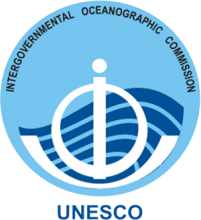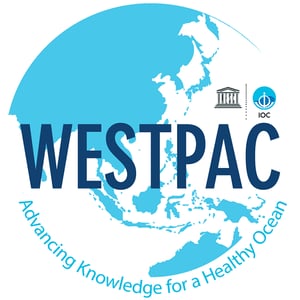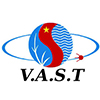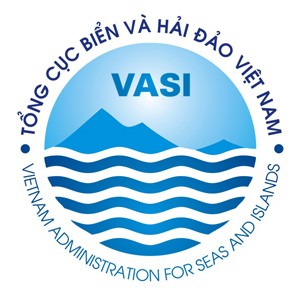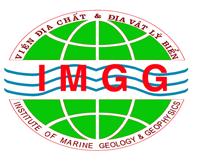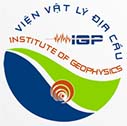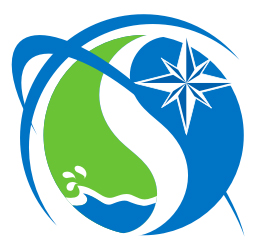Regional Planning Workshop sets the stage for actions in the North Pacific and Western Pacific Marginal Seas for the UN Ocean Science Decade for Sustainable Development in Tokyo from 31 July to 2 August 2019.
2 August 2019, Tokyo Japan, the three-day UN Ocean Science Decade Regional Planning Workshop (RPW) for the North Pacific and Western Pacific Marginal Seas (RPW-NPWPMS) in Tokyo, Japan culminated in a wide range of actions and partnerships to advance scientific knowledge needed for sustainable development.
The Regional Planning Workshop was organized by the IOC Sub-Commission for the Western Pacific (WESTPAC), in close cooperation with the North Pacific Marine Science Organization (PICES), Japanese National Committee for IOC/UNESCO, Japan Agency for Marine-Earth Science and Technology (JAMSTEC), the University of Tokyo, other partners in the region, and the Ministry of Education, Culture, Sports, Science and Technology (MEXT) – the financial support for the Workshop.
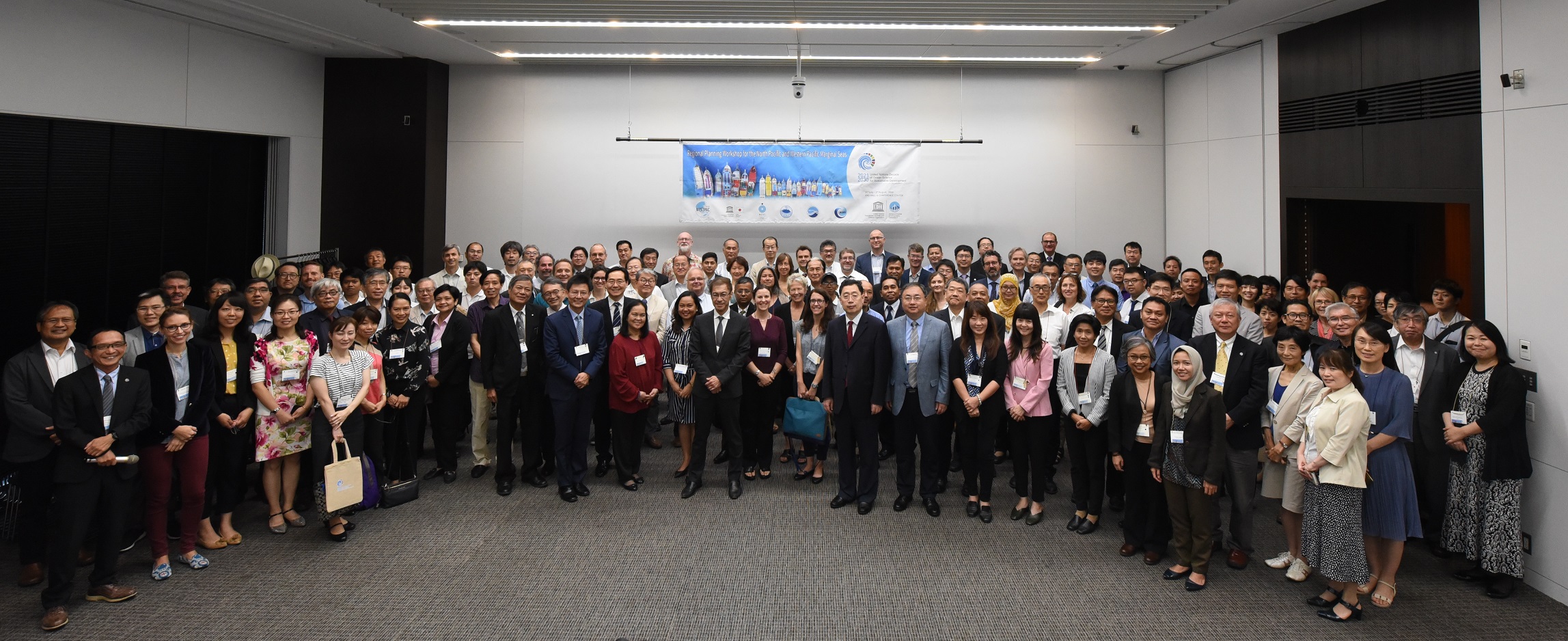
All participants
The planning workshop received overwhelming interests with more than 160 participants from 18 countries, spanning communities from ocean policy and management, ocean science and technology, business and industry, NGOs and civil society, donors and foundations, and various intergovernmental and international bodies/programmes.
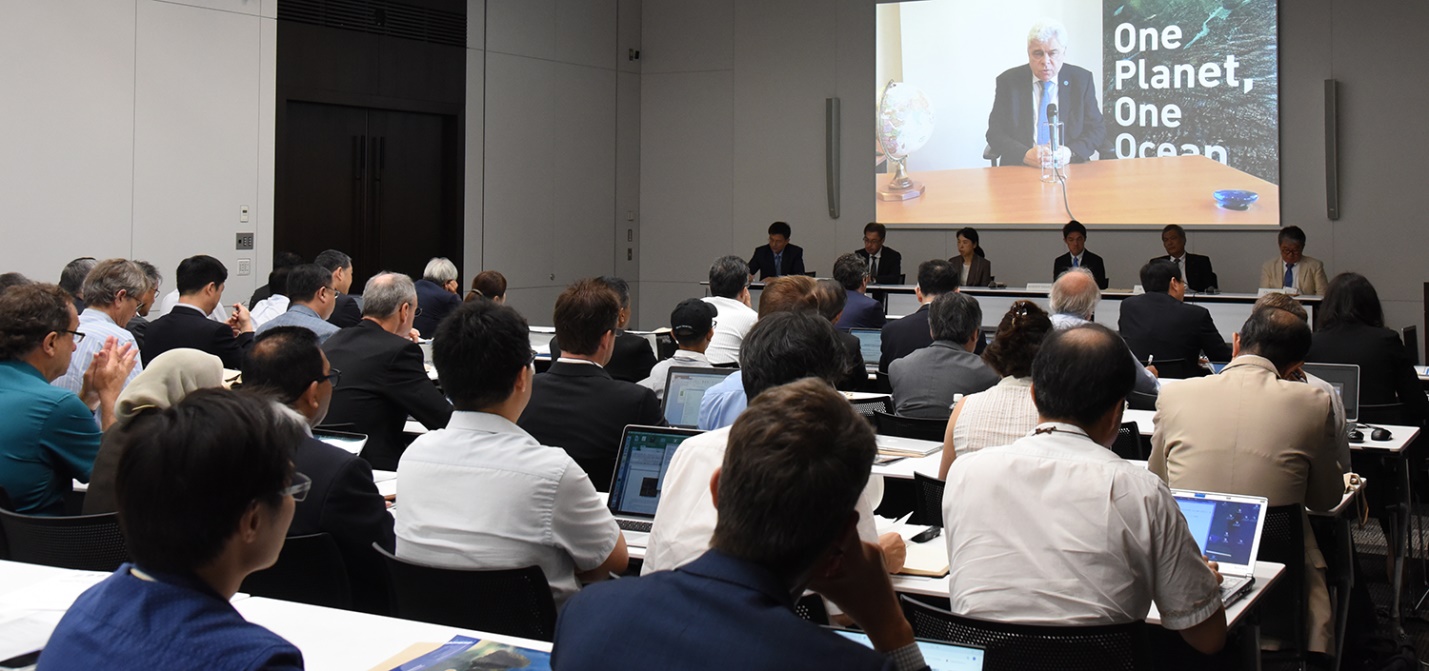
Vladimir Ryabinin, IOC Executive Secretary
This Regional Planning Workshop (RPW) aims to build dialogues amongst various ocean stakeholders in the region, focusing on the co-development of solution-oriented research strategies to address the Decade six societal outcomes:
A clean ocean,
A healthy and resilient ocean,
A predicted ocean,
A safe ocean,
A sustainably harvested and productive ocean,
A transparent and accessible ocean.
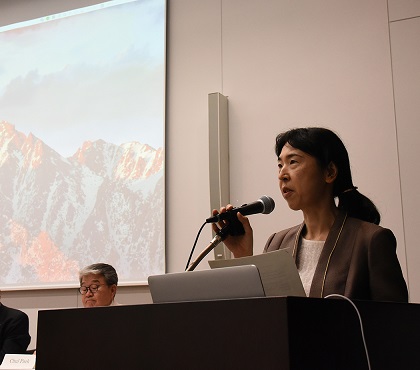
Mami Oyama, Secretary-General,
Japanese National Commission for UNESCO, Ministry of Education, Culture, Sports, Science and Technology (MEXT)
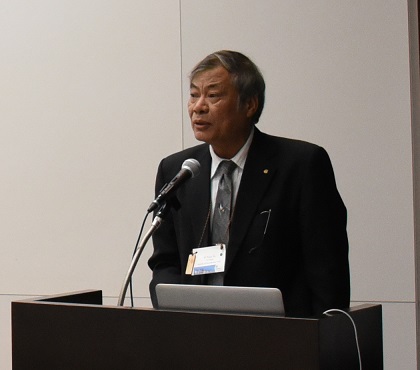
Vo Si Tuan, Chairperson of the IOC Sub-Commission for the Western Pacific (WESTPAC)
The workshop featured two plenary sessions and six breakout sessions. In addition to the plenary session on the major results of the 1st Global Planning Meeting (13-15 May 2019, Denmark), all participants broke out into six working groups with deliberations on: knowledge gaps or scientific priorities in the region that should be addressed to achieve the six social outcomes; existing and potential international initiatives, programmes and /or partnerships in addressing these knowledge gaps and scientific priorities; the role of cross-cutting themes in the Decade, such as capacity development and marine technology transfer, partnerships and financing, data, information and knowledge sharing, and communication and awareness.
“The Regional Planning Workshop represents a starting point for all individuals, institutions and countries in the region to examine their science actions and synergize efforts in achieving the Decade objectives”.
The UN Decade of Ocean Science for Sustainable Development (2021-2030), proclaimed by The United Nations General Assembly (UNGA) in December 2017, aims to support efforts to reverse the cycle of decline in ocean health and gather ocean stakeholders worldwide behind a common framework that will ensure ocean science can fully support countries in the achievement of the 2030 Agenda Sustainable Development Goals.
The region is the most densely populated area in the world with a population of more than three billion. Human activities have been inextricably linked to ocean, with large impacts on the surrounding coastal waters and marine ecosystems. Primarily associated with increasing economic development, climate change, non-sustainable resource extraction, land-based pollution, and habitat degradation are threatening the productivity and health of the ocean.
The workshop has emphasized “Science and technology are a major driven force for social-economic development. Along with policy formulating, education public campaign and private sectors engagement, science will help pinpoint the most effective actions and create new solutions”.
(Source IOC/WESTPAC)



